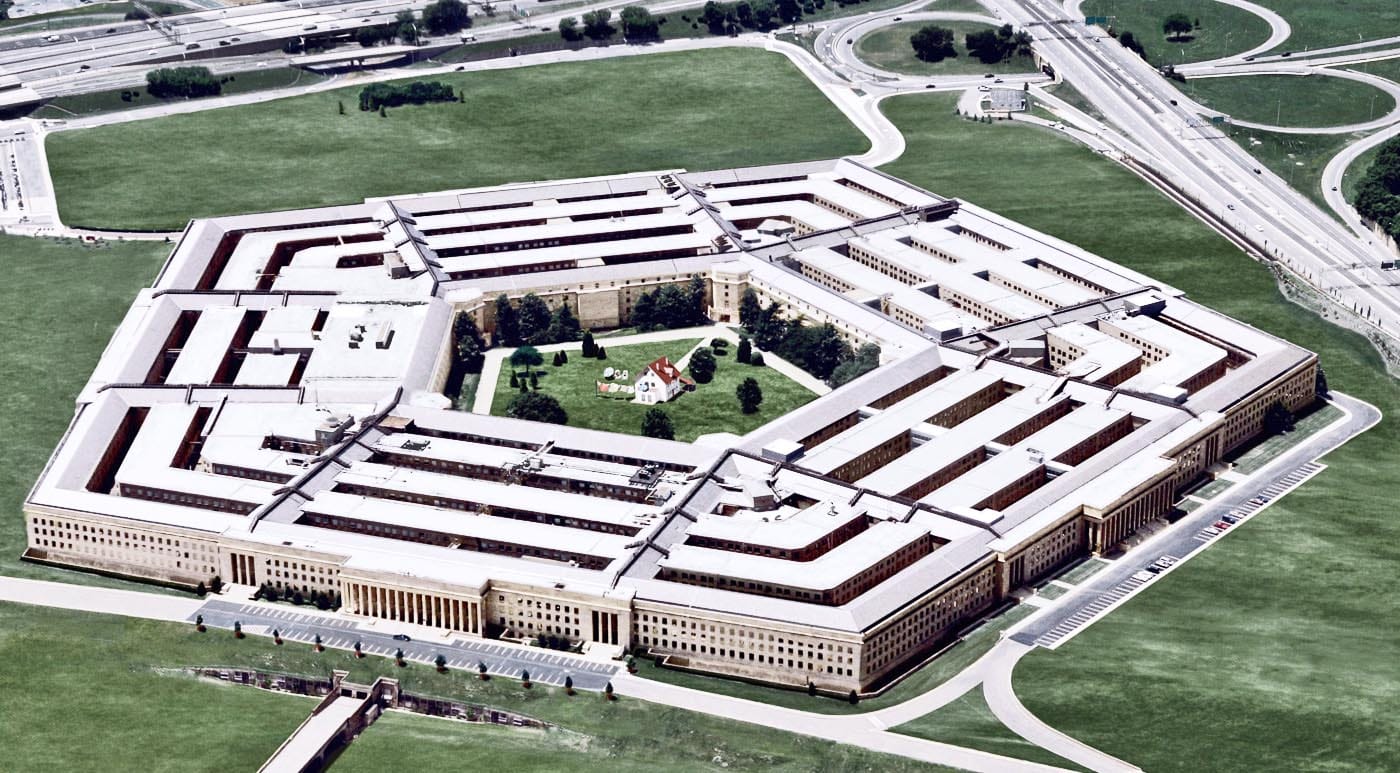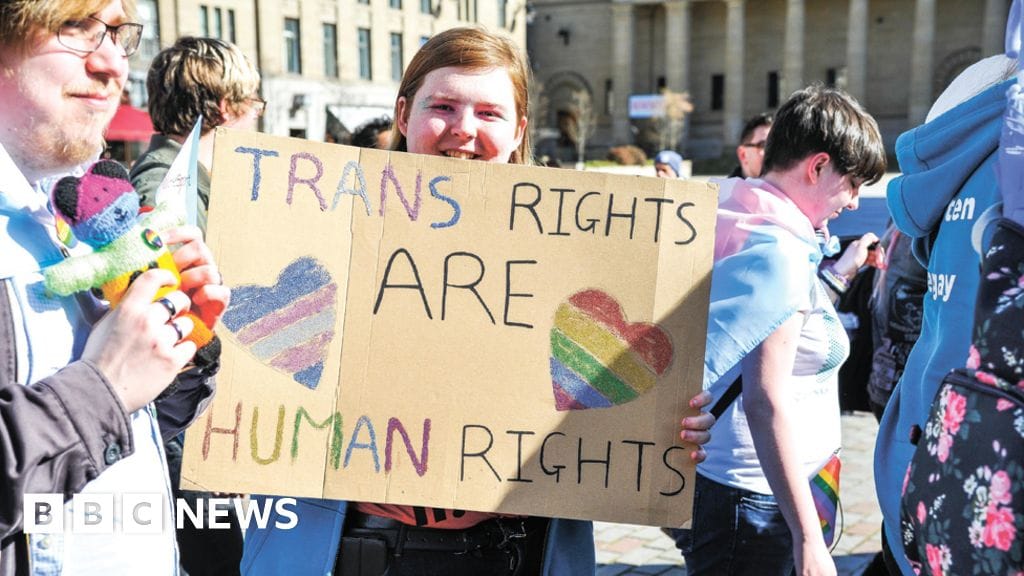In a significant ruling, a judge has denied former President Donald Trump’s request to delay his sentencing in a criminal case involving hush money payments made during the 2016 presidential election. The decision, issued by Judge Juan Merchan, comes amid ongoing legal challenges faced by Trump, who has been embroiled in various legal battles since leaving office. This particular case centers on payments made to silence allegations of past personal conduct, which have been the subject of intense scrutiny and controversy.
Trump’s legal team had argued that they required additional time to prepare for the sentencing proceedings, claiming that new evidence could potentially alter the outcome of the case. However, the judge determined that the request lacked sufficient merit to warrant a postponement. The ruling indicates that the court is keen to maintain the scheduled timeline for the case, emphasizing the importance of moving forward in the legal process.
The hush money payments in question were made to adult film actress Stormy Daniels, who alleged an affair with Trump. The payments, which were made during the 2016 campaign, have raised questions about campaign finance violations and the legality of such transactions. Prosecutors have argued that the payments were intended to influence the outcome of the election by preventing damaging information from surfacing.
Trump has consistently denied any wrongdoing, maintaining that the payments were made to protect his family from false allegations. His legal team has sought to challenge the legitimacy of the charges, arguing that the case is politically motivated. Despite these assertions, the court has proceeded with the case, underscoring the legal system’s commitment to addressing the allegations presented.
The ruling to deny the delay in sentencing is a crucial moment for Trump, who is facing multiple legal challenges as he continues to pursue a potential run for the presidency in the 2024 election. The outcome of this case could have significant implications for his political future, as it not only raises questions about his past conduct but also about the potential impact on his supporters and campaign strategies.
As the case unfolds, legal experts are closely monitoring the proceedings, noting that the implications of the ruling extend beyond Trump’s individual circumstances. The case has sparked broader discussions about campaign finance laws, the ethics of political conduct, and the accountability of public figures. It has also reignited debates about the intersection of law and politics in the United States, particularly in the context of a former president facing criminal charges.
In the wake of the ruling, Trump’s legal team has indicated that they may continue to explore avenues for appeal, seeking to challenge the court’s decisions as the sentencing date approaches. While the immediate focus is on the sentencing itself, the broader narrative surrounding the case continues to evolve, with both legal and political ramifications likely to emerge in the coming weeks.
The sentencing is scheduled to take place in the near future, and the court’s decision to deny the delay underscores the urgency of the legal process. As Trump prepares to face the consequences of the case, the attention of the media and the public remains fixed on the developments surrounding his legal battles. The outcome of the sentencing could serve as a pivotal moment in the ongoing saga of Trump’s post-presidency, shaping the narrative of his future endeavors and political aspirations.
As the legal proceedings continue, it is clear that the case will remain a focal point in discussions about accountability, governance, and the rule of law in the United States. The implications of the ruling extend beyond the courtroom, influencing public perception and the political landscape as Trump navigates the complexities of his legal challenges.



